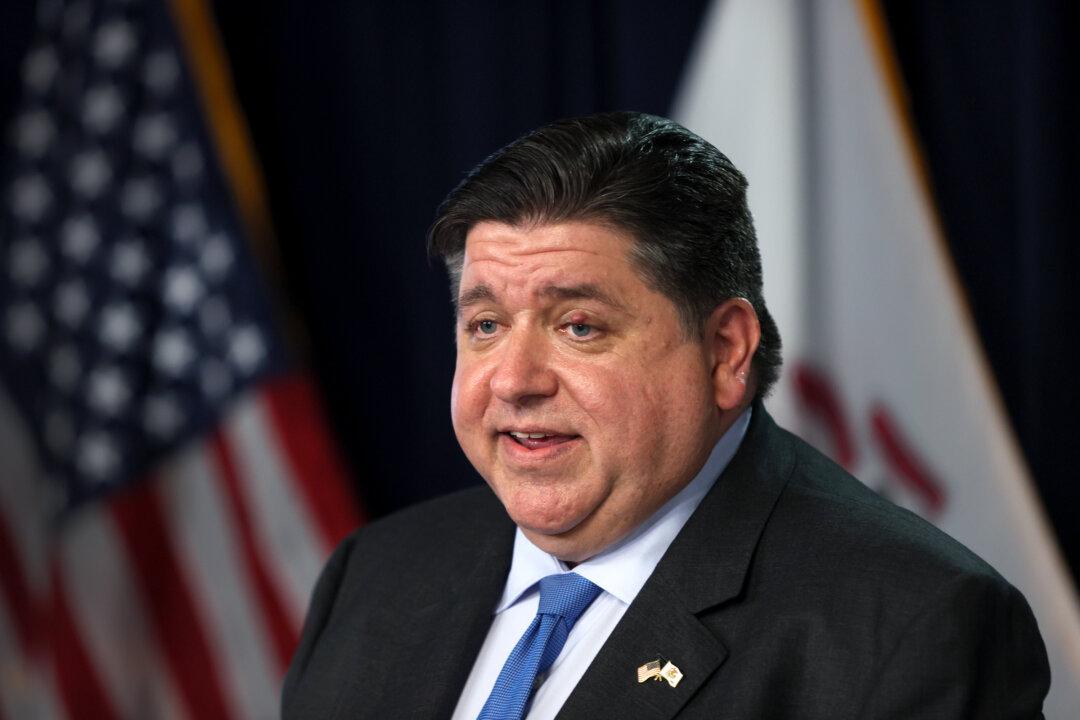Illinois Gov. J.B. Pritzker has pushed back the deadline for prison guards and some other state workers to get a COVID-19 vaccine.
All state workers in congregate facilities such as prisons were initially required to be fully vaccinated against COVID-19 by Oct. 4. They now have until Nov. 30 after the latest delay and must get their first dose by Oct. 26 if they’re receiving a Pfizer or Moderna vaccine.





